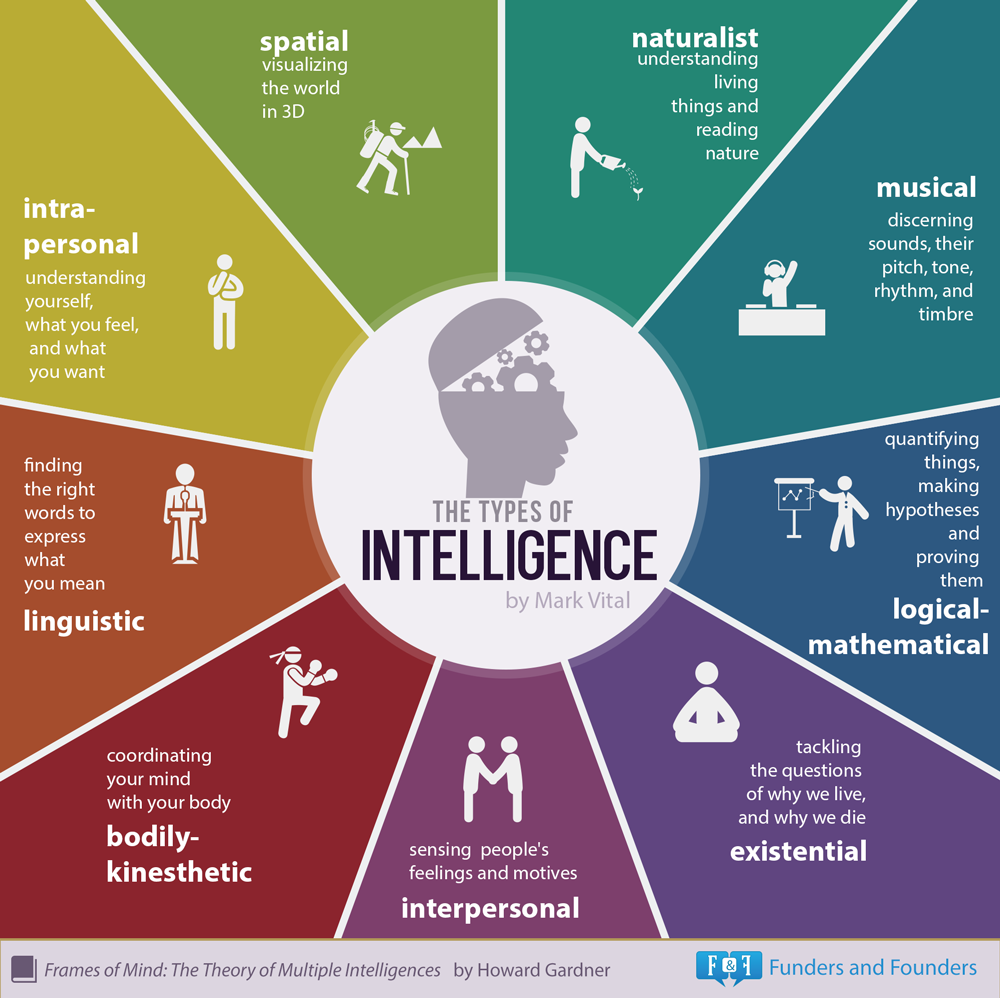
Columbus = skill + luck. "Had the Americas not been in the way, Columbus would have failed utterly"



Trading is a continuous learning process

No greater confusion than assuming an assumption
No greater confusion than being attached to an attachment
No greater confusion than adding more clouds to a cloudy mind
No greater confusion than blaming blame (more…)
In December 1912, no lessor man than J.P.Morgan testified to Congress to “justify Wall Street,” during investigations over alleged manipulation and collusion. The transcript reads like it could have been given yesterday (as nothing ever changes) but at its heart the banker laid out 33 “Morgan Epigrams” which appear – in the ensuing 102 years – have been lost to greed and arrogance… The irony is wondrous: “Securities do not always prove good”, “Money is gold, and nothing else”, “I think manipulation is always bad.”
J.P.Morgan’s 33 Epigrams:
1. I have absolute faith in the patriotism and public spirit of the Stock Exchange.
2. The moral responsibility has to be defended as long as you live.
3. Securities do not always prove good.
4. It is difficult to get stockholders to take active interest in their companies.
5. I do not believe I could carry any question through any board against the views of the other directors.
5. I like a little competition, but I should rather have co-operation. Without actual control, you can do nothing. (more…)

When an archer is shooting for nothing . . . he has all his skill.
A big part of trading is a probability game. The market can move any directions and many times against all logic and fundamentals for a period of time.
An edge in trading is the ability to have winning probabilities on your side.
Most people cannot distinguish between luck and skill when it comes to forecasting the market. At the best, I am right 70% of the time on fundamentals, 50% on the timing of the trade but I am making money on >80% of the trades.
I acknowledge I do not know how to predict the market timing with certainty. The process of trading is replete with errors and thus one has to cater for it.
Apparent randomness in the market is so complex that it cannot be managed with my finite mind.
So here are some ways that help me to handle the random behaviour of the market: (more…)